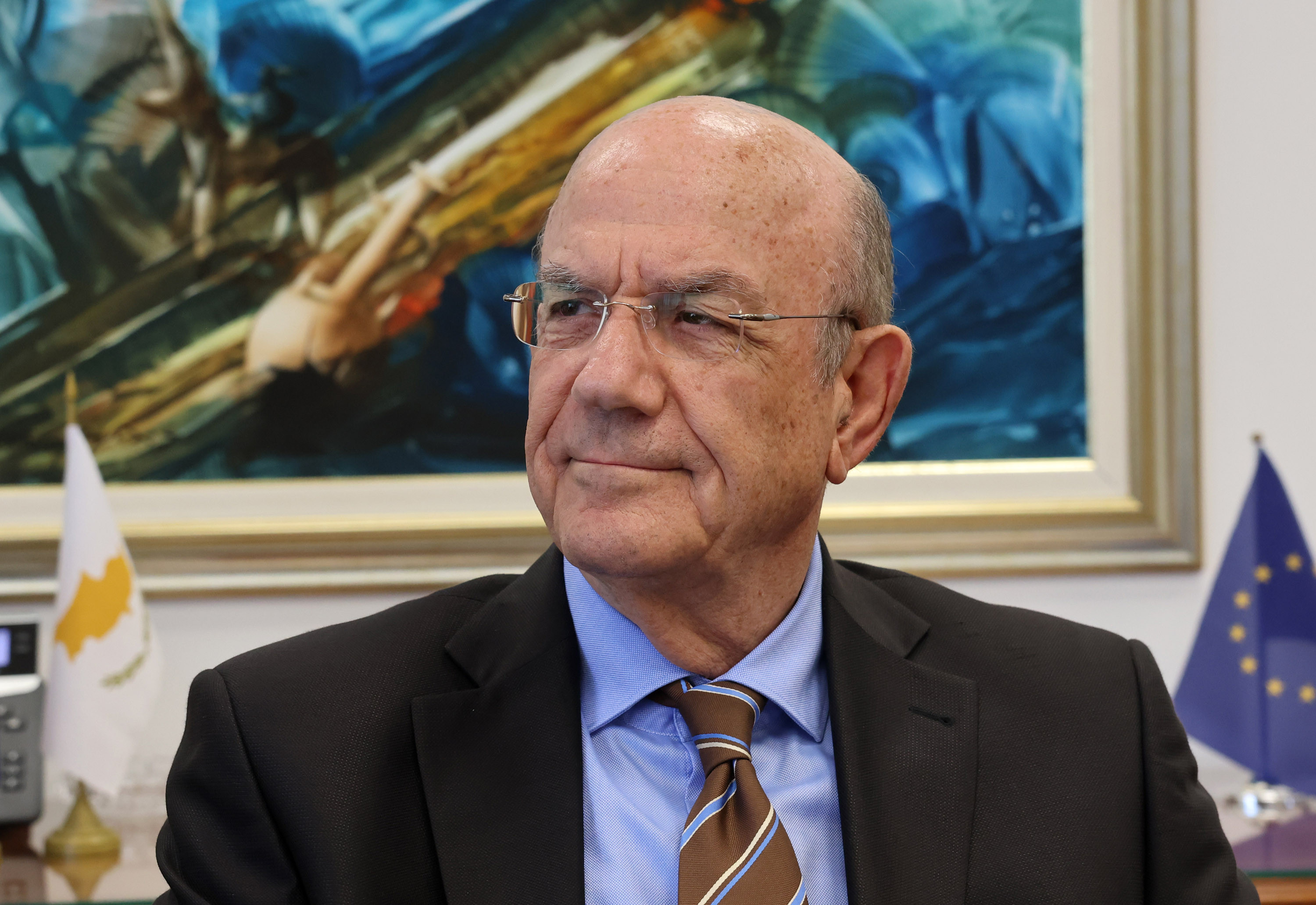Cyprus’ compliance with international sanctions is “very good”, the finance minister said on Monday, adding that by year’s end the two units dealing with sanctions will be consolidated into one.
Makis Keravnos was commenting on last week’s announcement of sanctions against Russia from the United States, the United Kingdom and Canada, which among others targeted companies registered here as well as one dual Russian-Cypriot national.
Last Friday also, the European Council adopted the 13th sanctions package against Russia, chiefly targeting that country’s military and defence sector.
“From time-to-time new lists of sanctions come up, and I think that in Cyprus some very good work is being done by the finance ministry,” Keravnos told the state broadcaster.
Developments are assessed based on EU guidelines and regulations, with the two sanctions-related units then taking the appropriate decisions.
The two units, which come under the auspices of the finance ministry, are the Advisory Body on Economic Sanctions and the Unit for the Implementation of Sanctions in the Financial Sector.
By the end of the year these two units would be merged, forming a single regulatory body dealing with sanctions.
Depending on the situation at hand, the government here may freeze the assets of companies or individuals or order the suspension of a business’ operation.
Regarding requests occasionally made by Cyprus for exemptions to sanctions, Keravnos explained these requests mainly have to do with preserving the ability of sanctioned entities to pay taxes as well as employee wages.
“Unfortunately, whenever sanctions are imposed, this results in employees losing their job, which is why we have the exemptions process in place.”
Commenting on the economic environment more broadly, the finance minister said the EU currently faces some serious problems as “it’s reliant on Russia for energy, reliant on the United States for defence, and reliant on China for exports.”
He added: “This state of affairs, due to the war in Ukraine and the conflict in Israel, have created very serious problems to the economy of Europe, which is now bordering on recession.”
In particular, high energy prices undermine the competitiveness of European economies.
The finance minister also remarked on the European Central Bank’s interest rate policy. He assessed that for now the ECB would not cut interest rates. The matter was discussed at the last Eurogroup and Ecofin councils, which Keravnos attended.
“But there appears to be a common perception that in the near future there needs to begin a de-escalation [in interest rates] because that would boost growth and competitiveness in the EU that is under serious stress right now.”







Click here to change your cookie preferences